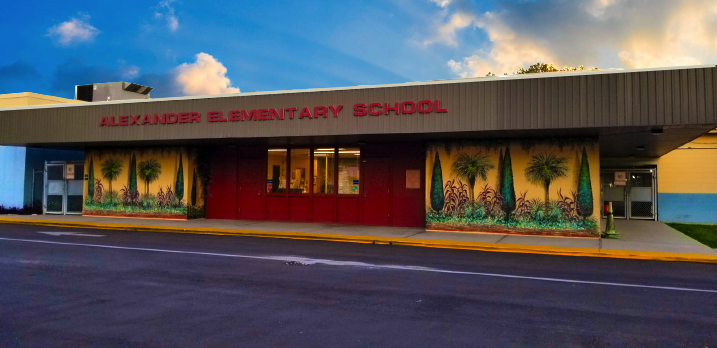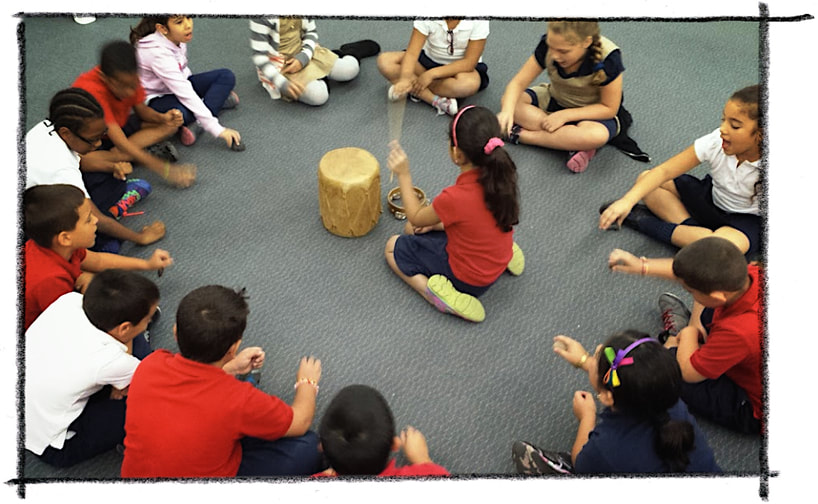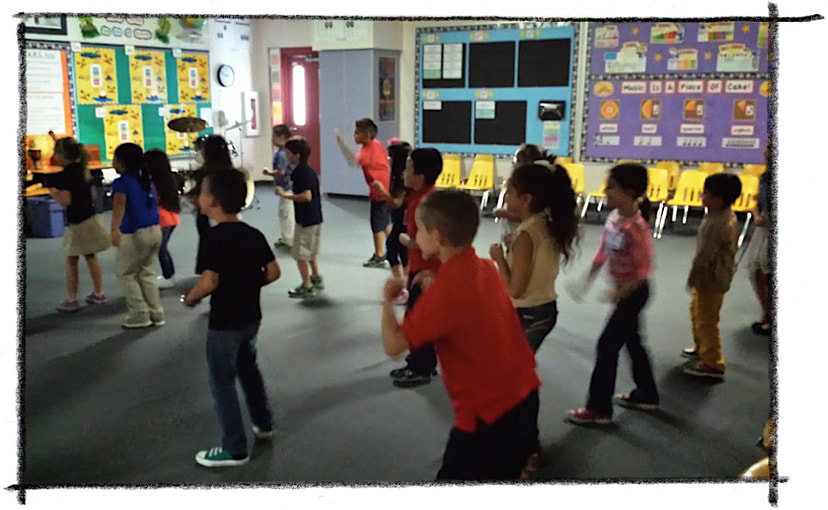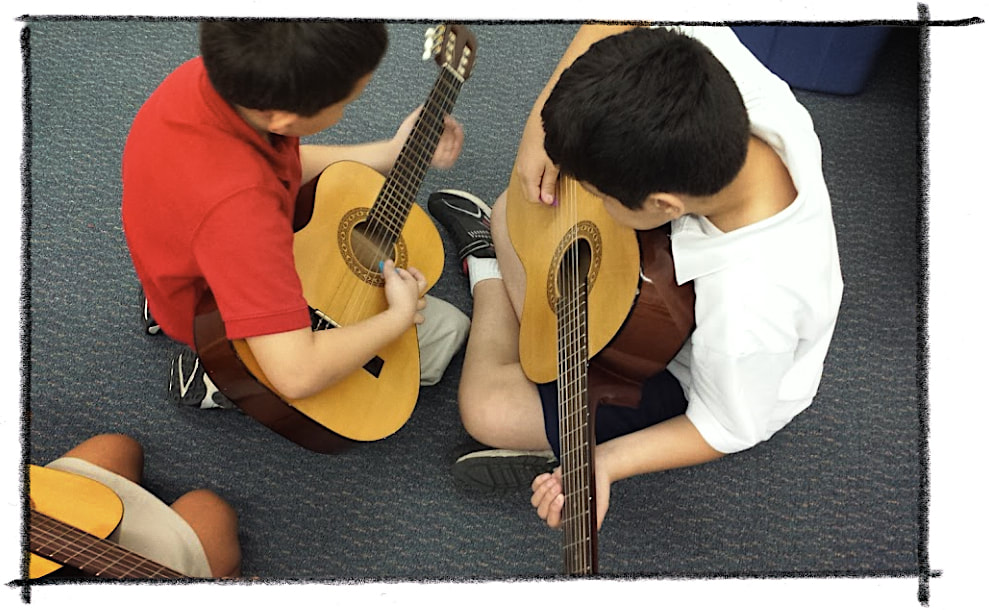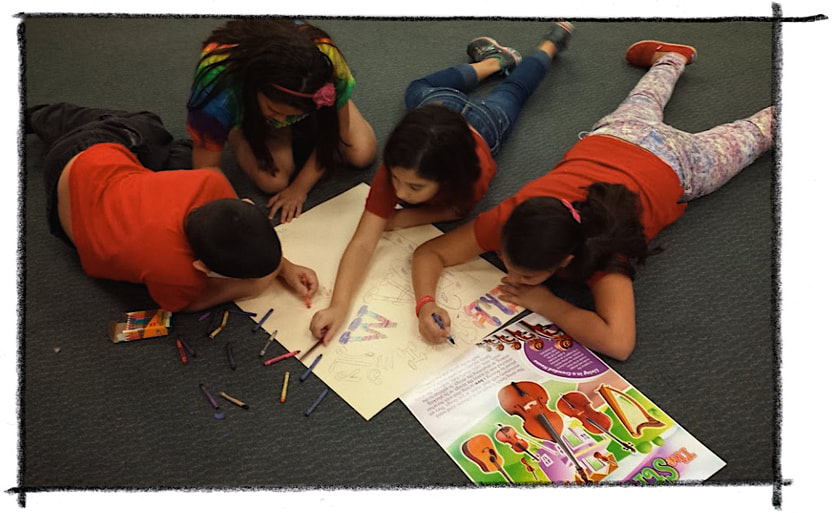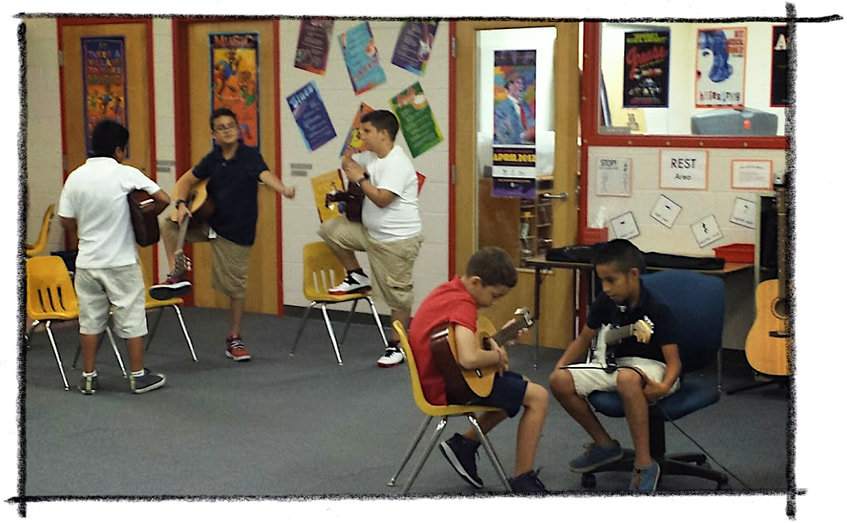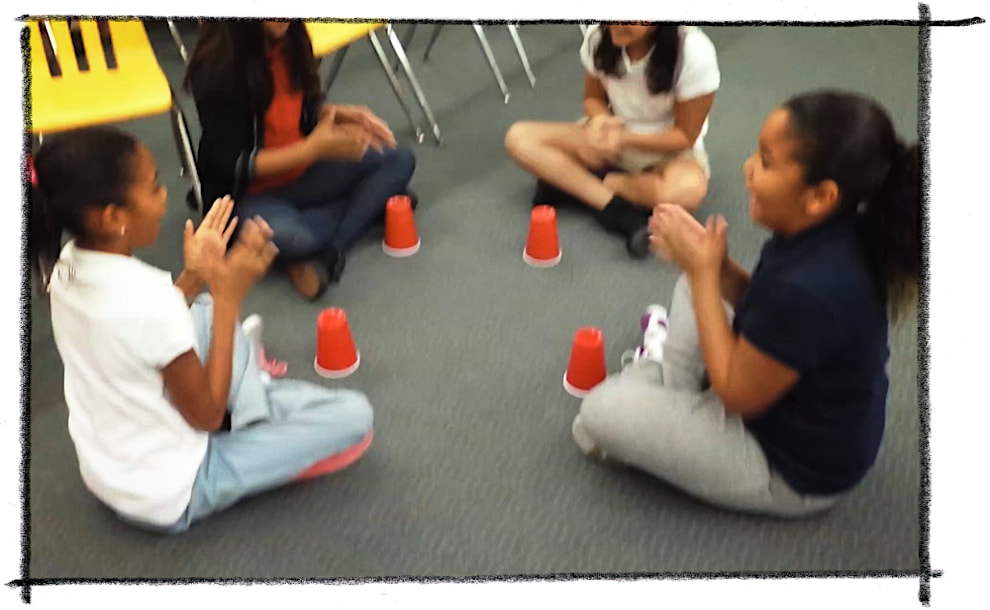Menu
OUR CLASSROOM |
MR. Q and QUAVER too! |
1st Grade
First-grade* students in music class explore their world through listening, singing, moving, playing instruments, and creating to stimulate the imagination and lead to innovation and creative risk-taking. As they develop basic skills, techniques, and processes in music, they strengthen their music and extra-music vocabulary and music literacy, as well as their ability to remember, focus on, process, and sequence information. As students sing, play, move, and create together, they develop the foundation for important skills such as teamwork, acceptance, respect, and responsibility that will help students be successful in the 21st century.
2nd Grade
Second-grade* students in music class continue exploration of their world as they strengthen their musical skills, techniques, and processes. Student's working vocabulary and musical literacy and understanding deepen with the ability to use unique musical language to communicate their own ideas. Connections with the arts and other disciplines allow students to transfer knowledge and skills to and from other fields of study. As students sing, play, move, and create together, they continue to build such important skills as teamwork, acceptance, respect, and responsibility that will help them be successful in the 21st century.
3rd Grade
Third-grade* students in music class explore their world by engaging in active learning processes to refine the skills, techniques, and processes of musicianship through such activities as improvisation and arranging. As they continue to develop their working music and cross-content vocabulary and become able to identify fundamental characteristics of musical structures, they demonstrate artistic growth through cognition and reflection and endeavor to use their own artistic voices to communicate ideas and inventions. They recognize the importance of cultural experiences in music throughout history and in emerging art forms. Music students examine the positive impact of the arts in society and practice creative risk-taking in preparation for contributive citizenship in the 21st century.
4th Grade
Fourth-grade* students in music class explore artistic intent by investigating the inventive development of ideas, applying musicianship skills and techniques while engaging in the creation and interpretation of the arts. They analyze the characteristics of musical structures from simple to complex to build understanding and respect for the creative process. As they examine the significant cultural contributions in the arts throughout history, particularly in Florida, they become increasingly able to identify the connections among music and other fields of study. Music students also develop knowledge of careers in, and related to, the arts as they explore the impact of music on the local and global economies of the 21st century and strengthen personal skills for success throughout school and beyond.
5th Grade
Fifth-grade* students in music class develop and analyze the skills necessary for the critical assessment of artistic works and creative works in other contexts. They demonstrate the proficiency of comprehensive musicianship and interpretive skills in the arts, which allows them to explore manipulation of musical structures to represent a personal and creative form of artistic communication. As students become more musically sophisticated, they establish and document reciprocal relationships among music and other disciplines of study. They learn to transfer their music knowledge and innovative skills as a means of discovering the significant contributions of music and the arts, in general, to positive social development and global economic success in the 21st Century.
Florida Music Standards
Critical Thinking and Reflection
- Cognition and reflection are required to appreciate, interpret, and create with artistic intent.
- Assessing our own and others’ artistic work, using critical-thinking, problem-solving, and decision-making skills, is central to artistic growth.
- The processes of critiquing works of art lead to development of critical-thinking skills transferable to other contexts.
Historical and Global Connections
- Through study in the arts, we learn about and honor others and the worlds in which they live(d).
- The arts reflect and document cultural trends and historical events, and help explain how new directions in the arts have emerged.
- Connections among the arts and other disciplines strengthen learning and the ability to transfer knowledge and skills to and from other fields.
Innovation, Technology and the Future
- Creating, interpreting, and responding in the arts stimulate the imagination and encourage innovation and creative risk-taking.
- Careers in and related to the arts significantly and positively impact local and global economies.
- The 21st-century skills necessary for success as citizens, workers, and leaders in a global economy are embedded in the study of the arts.
Organizational Structure
- Understanding the organizational structure of an art form provides a foundation for appreciation of artistic works and respect for the creative process.
- The structural rules and conventions of an art form serve as both a foundation and departure point for creativity.
- Every art form uses its own unique language, verbal and non-verbal, to document and communicate with the world.
Skills, Techniques and Processes
- The arts are inherently experiential and actively engage learners in the processes of creating, interpreting, and responding to art.
- Development of skills, techniques, and processes in the arts strengthens our ability to remember, focus on, process, and sequence information.
- Through purposeful practice, artists learn to manage, master, and refine simple, then complex, skills and techniques.

